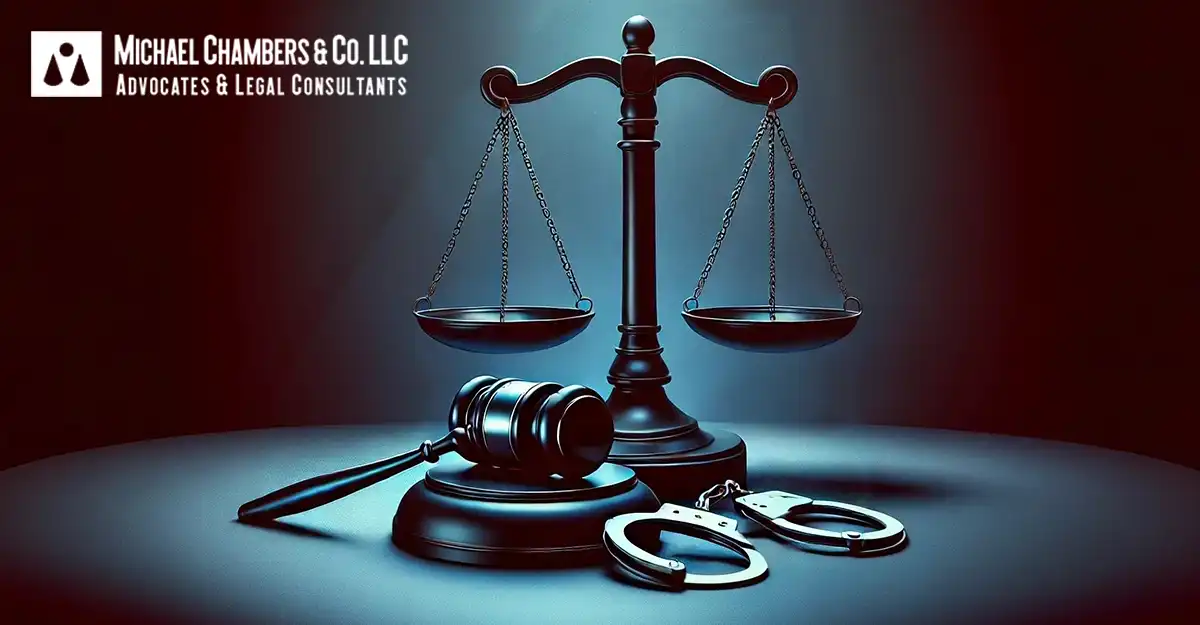The Supreme Court on Friday, 7 of March, delivered its long-awaited decision with regard to the appeals lodged by Laiki’s and BoC’s depositors who lost part of their money in the €10 billion bail-in plan for Cyprus. More than 3.000 appeals of uninsured depositors were filed before the Supreme Court requesting the decision to be revoked.
The applicants appealed the decree R.A.D. 104/2013 concerning Laiki and 103/2013 concerning BoC. These decrees were issued on March 29 by the Central Bank in its capacity as the Resolution Authority. The Court had to rule on the preliminary objection of the Republic that the contested recourses do not constitute enforceable Administrative Acts, but Governmental Acts and as such are not subject to the revisional jurisdiction of the Supreme Court.
The plenary of the Supreme Court by majority vote – 7 out of 9 judges – rejected the appeals as inadmissible on the grounds that the haircut on deposits falls under the Private, rather than Public Law. The Court alleged that since the contractual obligations of the banks to their depositors were affected, depositors should convert their appeals into civil lawsuits against the banks and subsequently the Republic, filed before the District Courts of Cyprus.
The Court’s Verdict
The Court stated that the decrees in challenge do not regulate relations of the State with the citizens, but relations pertaining to the operations of Laiki and BoC. In particular, decree 104 concerns the sale of certain operations of Laiki to BoC and decree 103 the recapitalisation of BoC through its own funds. The decrees therefore concern only Laiki and BoC and not the plaintiffs, who only have a contractual relationship with the said banks. Hence, the case lies in the context of Private and not Public Law and as such, the Supreme Court does not have any jurisdiction to examine the appeals.
According to the verdict, the nature of the relation between depositors in Laiki and BoC is the same and neither have a lawful interest to lodge an appeal, since their interests are not directly affected by the decrees. Any effect of Laiki’s and BoC’s depositors comes through the actions of the consolidated bank itself and its failure to meet its contractual obligations to them.
Since the contractual obligations of the banks to the deposit holders are affected, the complainants have to primarily challenge the banks through lawsuits filed in civil proceedings. The proceedings could be further turned against the Republic, being the authority that caused the infringement of the banks’ obligations through the issuance of the decrees, as well as against European institutions and other entities. Therefore, the legitimacy of any infringement of the depositors’ rights could be examined within this context with reference to the Constitution and the European legal framework.
Object of Civil Lawsuits
The Court stressed that the object of the civil lawsuits should be whether depositors of the institution subjected to consolidation are financially worse off, as a result of the restructuring measures, compared with the position they would have been if the institution was alternatively subjected to liquidation (Laiki) or allowed to operate normally (BoC). In other words, that the loss of depositors is greater than it would be if the decrees were not issued and the banks were allowed to their normal course.
This provision adheres to standing legal principles according to Article 3(2) (d) of the Law with regard to the cause of damage and proof and assessment of its extent. The said fundamental principle safeguards the rights of depositors in civil proceedings and demonstrates the real issue, which is whether the depositors have suffered more damage than they would have suffered if consolidation measures were not taken.
Issues that could be challenged
In civil proceedings, Laiki’s depositors could challenge issues relating to the false guarantees they were given by the Central Bank, the effect of the unfavourable alienation of their funds, the effect of the unequal treatment by the selective transfer of liabilities among Laiki’s depositors and the accuracy of valuation of the bank’s assets.
BoC’s depositors could challenge the compulsory conversion of their deposits into shares, the appropriateness of such extent and adequacy of the consideration, whether the alienation of the bank’s operations in Greece was advantageous, the false guarantees they were given, the unequal exemption schemes of certain deposits and the accuracy of valuation of BoC’s assets.
The Court commented that while judicial review, as a legality control, has relatively limited scope, civil proceedings are particularly suitable to examine any issues that may be relevant and directly address their substance.
Filing civil lawsuits
Contact Michael Chambers & Co and get informed about the process of filing civil lawsuits against banks, the Republic and others before the District Courts of Cyprus. Our litigation team can provide you with all the information you may need and advice you on the issues you could challenge in order to pursue your legal rights to the theft of your property.


